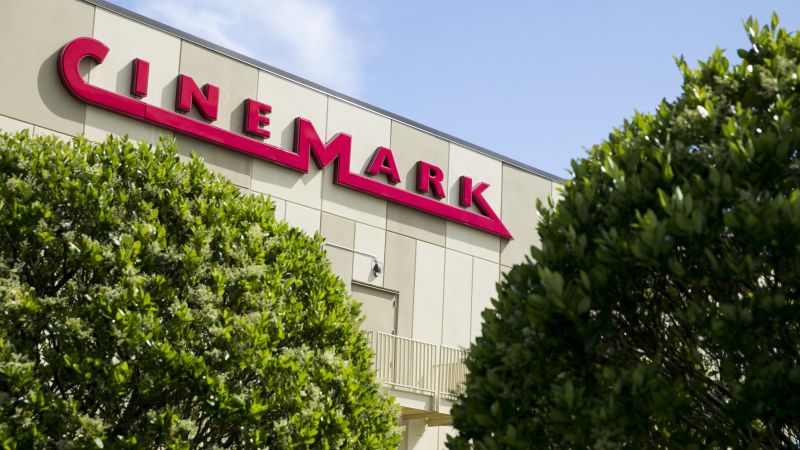A proposed class-action lawsuit has been filed against Cinemark, alleging that the theater chain’s 24-ounce drink cups can only hold a maximum of 22 ounces. The lead plaintiff, Shane Waldrop, discovered this discrepancy when he ordered a 24-ounce beer at a Texas Cinemark theater and found that the container did not seem large enough to hold the advertised amount. The lawsuit claims that this false advertising violates both state and federal laws, with Waldrop’s attorney stating that consumers are unknowingly overpaying for products they are not receiving the full benefit of.
Concessions are a significant source of revenue for movie theaters, with Cinemark reporting a rise in concession revenue to $243 million in their most recent quarter. Despite a 25% decrease in movie attendance, concession revenue for 2023 exceeded revenue in 2019 by 3%. Waldrop’s lawsuit alleges that some of this revenue is generated through shortchanging customers, citing the pricing difference between a 20-ounce drink and a 24-ounce drink at the Plano, Texas Cinemark theater as an example of misleading pricing practices.
In times of high inflation, some companies engage in the practice of “shrinkflation,” where the size of products is reduced to cut costs rather than increasing prices. This practice has drawn attention recently, with some packaged food brands being accused of quietly implementing shrinkflation. For example, OREO Double Stuf Chocolate Sandwich Cookies saw a 6% decrease in size by weight from January 2019 to October 2023. Waldrop’s attorney argues that class-action lawsuits are a way to hold corporations accountable for providing products that do not meet consumer expectations.
The lawsuit against Cinemark is seeking to address what the plaintiff sees as false advertising and misleading pricing practices. The discrepancy between the stated size of the drink cups and the actual volume they can hold is at the center of the legal action. Waldrop’s attorney emphasizes that class-action lawsuits can serve as a mechanism for challenging and changing business practices that are deemed unfair to consumers.
While Cinemark did not respond to CNN’s request for comment on the lawsuit, the allegations raise concerns about the transparency and accuracy of product sizing and pricing in the marketplace. Waldrop’s case highlights the frustration that consumers face when they feel they are not receiving the full value of the products they purchase. The lawsuit aims to hold Cinemark accountable for what the plaintiff perceives as deceptive practices in their concession offerings.
As the lawsuit against Cinemark progresses, it sheds light on the broader issue of shrinkflation and the impact it can have on consumer trust and satisfaction. The case serves as a reminder of the importance of accuracy and transparency in product marketing and pricing, and the potential consequences for companies that engage in misleading practices. Waldrop’s efforts to challenge Cinemark’s alleged false advertising demonstrate the power of consumer advocacy in addressing unfair business practices in the marketplace.


